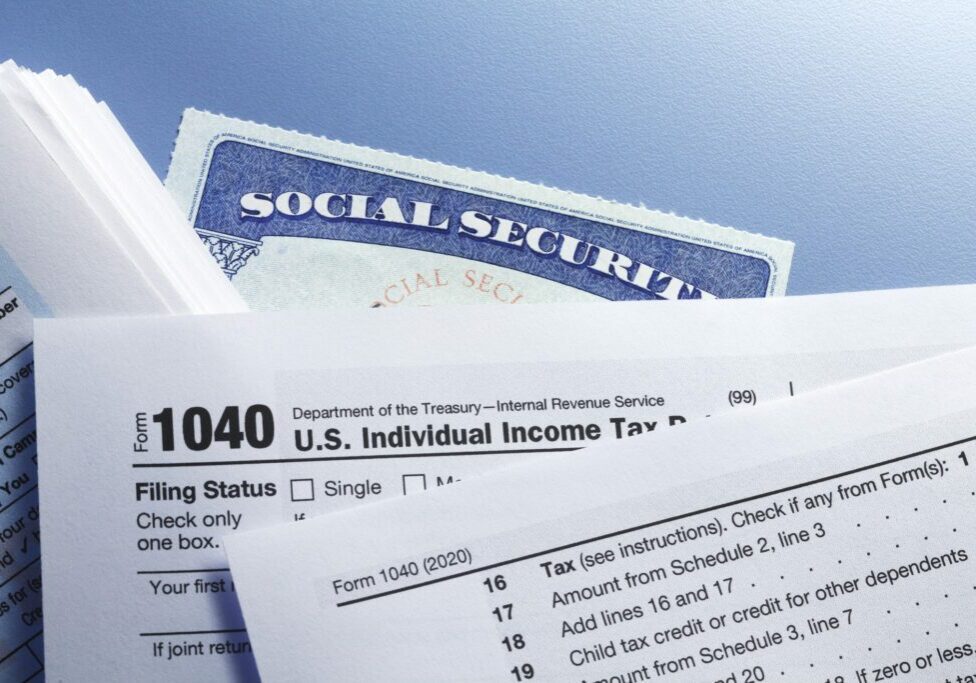Establishing your Business with the IRS & State of Washington
While normally straight-forward, failing to properly establish a business in the State of Washington or with the Internal Revenue Service (IRS) can be costly. While some of the information was covered in the previous article regarding choice of entity, it is repeated as it is critical.
Lack of proper communication and coordination between a business, its legal counsel and certified public accountant (CPA), often is the root cause of a failure to properly establish a business. It is best to have at least one organizational meeting with everyone present and a written plan of action steps, critical dates and identification of the party responsible for completing each step. Leadership by committee often results in failures, so one party should be assigned and accept overall responsibility for ensuring each step is completed timely.
Washington State makes it easy to establish a business by offering on-line services through the Secretary of State and Department of Revenue (DOR) websites. DOR has a new business tax basics booklet on its website with an overview of Washington’s business taxes and reporting requirements. The booklet includes a discussion of agencies, counties and cities, a brief discussion of why each may need to be contacted.
- Contact the Secretary of State’s office to file Articles of Incorporation or Limited Partnership along with trade names or to register trade marks
- Businesses with employees must apply for industrial insurance through Washington State’s
Department of Labor and Industries and unemployment insurance with the Washington State Employment Security Department
- Some cities and counties have business taxes and require a business to register within their jurisdiction
Other sources for tax-related information and business assistance are the Small Business Administration at www.sba.gov and Washington State’s Department of Community, Trade and Economic Development at business.wa.gov
Establishing a business with the IRS is generally required and is accomplished by filing IRS form SS-4. Single-member limited liability companies (LLC), including those owned exclusively by a married couple, that do not have employees simply use the social security number of the owner. Any business with employees must obtain a federal Employer Identification Number (EIN). Form SS-4 is available online.
The EIN process is quick and simple. It can also be confusing and misleading. For example there are separate starting points for completing form SS-4 online for a corporation that files IRS form 1120 and one that files IRS form 1120S. That may lead one to believe that by completing the process for an 1120S filer, the IRS recognizes a corporation as having made an S Election. An S Election is made by filing IRS form 2553, election by a small business corporation. (Fortunately the IRS now provides a remedy for timely filing a late S election, that was not always the case.)
Another example: If a corporation is formed as an IC-DISC to take advantage of a lucrative tax advantage Congress created for
businesses with foreign exports, form 4876-A, Election To Be Treated as an Interest Charge DISC must be timely filed. (If your business has foreign exports and an IC-DISC has not been considered, a significant tax benefit may be missed annually.) Failure to timely file the election may result in lost tax benefits.
A frequent mistake in forming an LLC that is a disregarded entity is using an EIN obtained by filing IRS form SS-4 for banking purposes rather than the social security number of the owner. An LLC that considered single member is recognized under state laws as a separate legal entity, but for IRS purposes the entity is treated as if it does not exist, hence the term disregarded entity. A benefit of being considered a disregarded entity for IRS purposes is that a separate tax return does not need to be filed; tax information is reported directly in the owner’s 1040. An example of a problem created by doing
so is in the case where a newly formed LLC that is a disregarded entity acquires real estate by obtaining a mortgage. If the mortgagor uses an EIN rather than the social security number of the owner, IRS correspondence may result as the IRS computers fail to match the mortgage interest deduction reported on the owner’s 1040 with a 1099 (the 1099 will have the EIN obtained for the LLC rather than the taxpayer’s social security number).
While establishing a business with Washington State and the IRS appears to be straightforward, it is best to engage experienced legal and financial professionals that regularly perform the necessary steps to help avoid potentially costly mistakes.
John Rothenbueler, CPA is a partner at Alegria & Company and specializes in business and personal income tax. He can be reached at: jrothenbueler@alegriacpas.com
.








